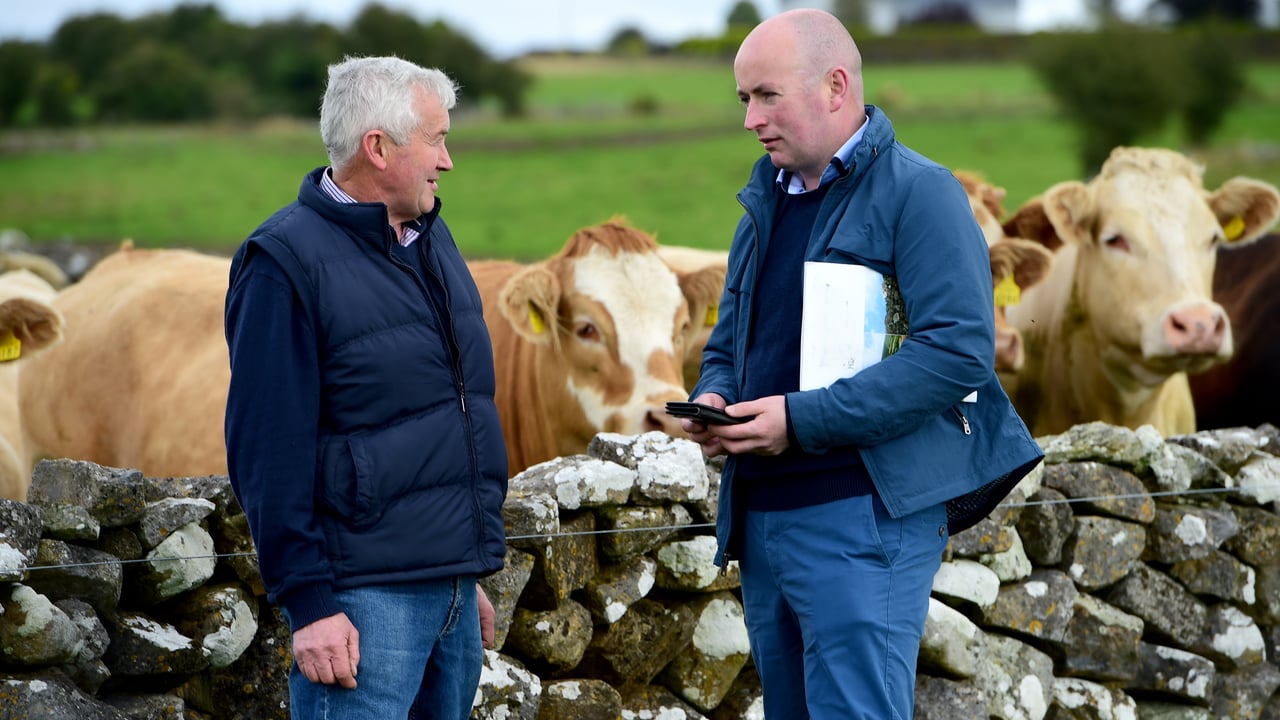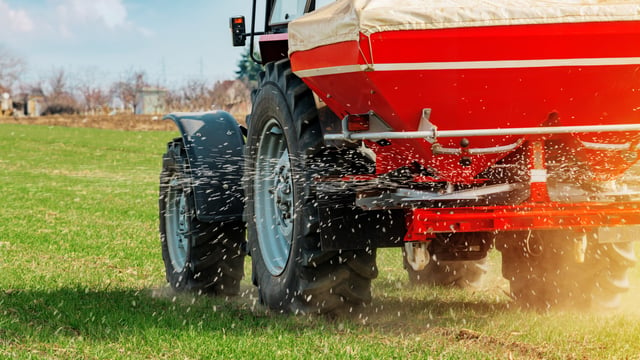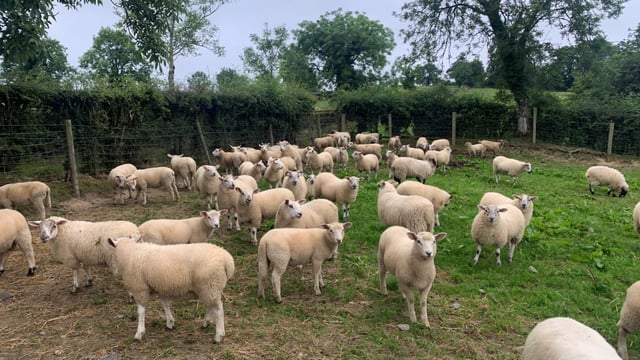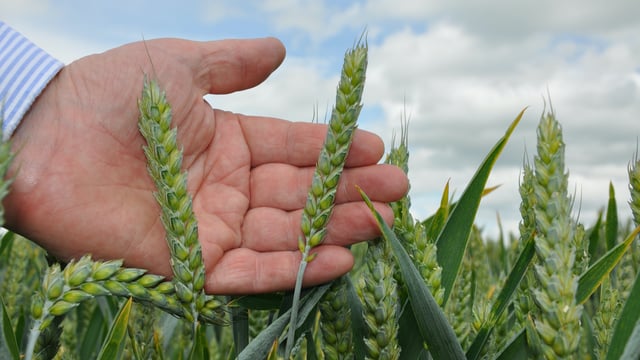Sponsored Article
What can you expect during your Bord Bia audit?
Sponsored Article

The Bord Bia Sustainable Beef and Lamb Assurance Scheme (SBLAS) sets out standards for quality and sustainability in Irish beef and sheep farming.
The widespread participation of farmers in the SBLAS is very beneficial in supporting the marketing of Irish beef and lamb at home and abroad.
The SBLAS provides proof of Ireland’s high standards in animal welfare, food safety, traceability and care for the environment.
This article provides advice and tips on preparing for your Bord Bia audit, including the most common non-compliances found.
The purpose of the audit is to assess conformance with the SBLAS standard, not to look for issues or to find fault with your farm. During the audit, the auditor aims to form a valid opinion based upon the evidence before them.
The audit lasts 90 minutes, on average, and the length can be influenced by how well you are prepared.
The audit will also help your farm meet the requirements of a cross compliance audit.
- The audit begins with a brief opening meeting, to explain the purpose of the audit and confirm your consent to be audited;
- The auditor inspects your herd for general stock health, welfare and tagging requirements;
- Your farm infrastructure – yard, pens, sheds etc. – are inspected to ensure they are reasonably neat, tidy and fit for purpose;
- The auditor will access if there is pollution or environmental risks and any safety hazards;
- The auditor will ask to see your farm documents and records. For new applicants, all records required under the scheme must have been correctly maintained for a period of at least six months prior to the audit (see checklist);
- The audit ends with a closing meeting in which the auditor will inform you of the audit findings, explain any issues that need to be corrected (if necessary), and explain the recommendations they will be making (if any);
- Before final certification, an inspection report goes to the inspection body.
On successful completion, you receive your certification letter via post and your Farmer Feedback Report with your carbon footprint.
On completion of an audit, any issues identified as non-conformances will be explained to you by the auditor.
You will then have a period of up to 28 days to provide evidence of corrective action to close out the audit.
This approach, means you will not fail on the day of audit if issues arise. Instead, will have a period of up to 28 days to address non-conformances.
E.g., if the auditor observed an unfenced lagoon, they would request that you provide a photo of that same lagoon made safe within 28 days.
Evidence can be provided by post, text message or via email. You can also upload evidence by logging onto farm.bordbia.ie.
You can also nominate an individual, such as a relative or neighbour, to complete the close-out on your behalf.
The close out process does not apply if no issues are raised during the audit. In these cases, the audit report will go immediately to the certification body.
In general, the majority of non-compliances found during the audit relate to record keeping and in particular, recording of animal remedies (usage and purchase).
Ensuring you have a full and complete record of all medicine purchases and medicine usages prior to the audit will eliminate any non-compliances.
For animal remedy usage, you must record the following:
- Date of administration;
- Name of medicine;
- Quantity given;
- Identification of animal;
- Name of person giving the medicine/remedy or the name of the prescribing vet;
- Date of the end of the withdrawal period. A common mistake is to insert the number of withdrawal days instead of date of end of withdrawal period.
Where an individual animal is treated, the identity of the animal must be clearly documented, for example using the tag number or freeze brand.
Where the remedy is administered to a group of animals, it must be possible to clearly identify each animal in the group from the relevant herd register (e.g. all calves born January 1 to March 31 only).
Animal remedy purchase records can be kept using computer-based records, by using a manual such the Bord Bia Farm Book, or by retaining vet’s prescriptions for the previous six months.
The following details must be included:
- Date of purchase;
- Medicine name;
- Quantity purchased;
- Name and address of the supplier.
Farmers have several options with regard to where they maintain records.
In some cases, retention of invoices/statements will suffice, software packages may be used or any other format that allows you to record all the required detail as set out in the standards. Records only need to be kept in one location.
- Herd register (either online on Ag food or in the blue book);
- Animal remedy purchase and usage records;
- Animal movement records;
- Passports / blue cards;
- Knackery receipts (if applicable);
- Animal health plan;
- A record of any animal mortality and significant health issues;
- Feed purchase records and feed delivery dockets;
- Pesticide usage (if used on the farm);
- Farm Safety Risk Assessment;
- Waste plastic collection receipts (if any);
- Sustainability Survey;
- Farmyard sketch of bait points (if bait points used);
- Name of veterinary services providers, veterinary product suppliers, hauliers and any persons applying pesticides.
As part of the audit process, you are required to complete a sustainability survey in which you report on farm management activity.
The survey must be completed before the audit. You may complete this online through farm.bordbia.ie.
Alternatively, you can contact the Bord Bia Helpdesk (see below) and they will assist you.
All data provided must be from the previous calendar year, for example if your audit takes place in August 2024, you report from the previous January to December 2023.
Bord Bia operates a helpdesk (01 5240410) for farmers, which is open Monday to Friday, 9:00a.m to 8:00p.m.
The Helpdesk is there to help you to prepare for the audit and answer any queries about the process.
Additional advice and information is available online at farm.bordbia.ie.
Sponsored Article





